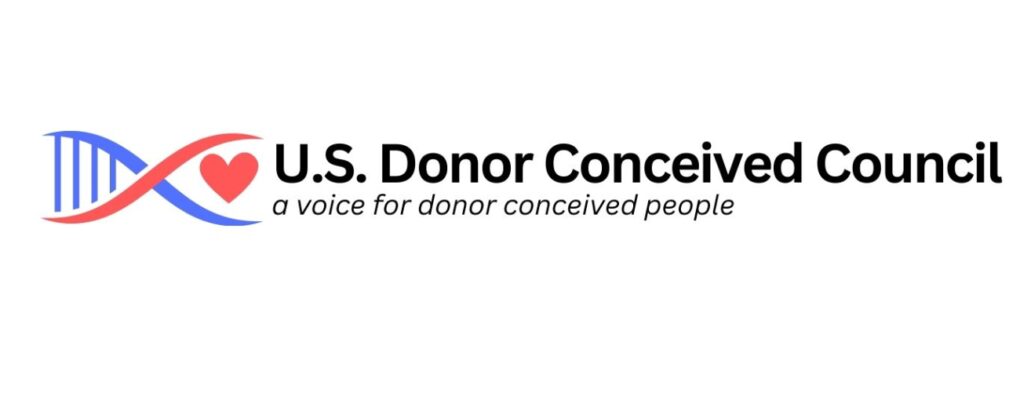
FOR IMMEDIATE RELEASE
Colorado General Assembly Clarifies Language in “Donor-Conceived Persons and Families of Donor-Conceived Persons Protection Act” and Extends Compliance Deadline
May 9, 2024
DENVER – On Wednesday, the Colorado General Assembly gave final approval to amend the “Donor-Conceived Persons and Families of Donor-Conceived Persons Protection Act” in a move to update definitions and provide more clarity as the precedent-setting legislation moves closer to going into effect in 2025.
“This amendment is consistent with U.S. Donor Conceived Council’s commitment to putting in place common sense regulations that protect and improve the welfare of donor conceived people and their families,” said Vice President of Government & Legal Affairs Tyler Levy Sniff.
Legislators in the House and Senate approved updated language to remove ambiguity around the definitions of “match” and “unknown” in regards to the numerous legal entities impacted by the Act which regulates the fertility industry. Additionally, the amendment removes the long-arm provision so that the law will not regulate Colorado residents that undergo assisted reproduction procedures in other states.
“Two years ago I championed legislation to create the Gamete Bank and Fertility Clinic programs,” said Senate President Steve Fenberg. “Like many policies we work on at the Capitol, cleanups are often required to make sure programs are running efficiently and as intended. This year’s bill makes important updates to improve implementation of the program and reaffirms our belief that while shared DNA does not always make a family, the identity of the donor is important to the health and identity of many donor-conceived persons.”
Under the new language a “match” is considered to be made by a gamete agency when an intended recipient parent selects a potential donor, or agrees to receive a specific donor’s gamete, prior to the collection of such gamete. The new language also clarifies that a donation is “unknown” if the recipient parents and donor do not exchange identifying information.
First passed in May, 2022, the Act—the first of its kind in the United States—will give adult donor conceived people the ability to obtain the identity of the donor used to conceive them and sets an enforceable limit of 25 families (in or outside of Colorado) for any one gamete donor, with no limit on the number of children born per family. The act will be prospective from 2025 with no impact on prior donations.
Other provisions included in the landmark legislation require gamete agencies, banks, and fertility clinics to obtain a Colorado license, periodically request updates from donors on their medical history and contact information, and permanently retain donation records—moves that will help give donor conceived persons ongoing access to updated family medical history.
The bill now heads to Governor Jared Polis for final approval. Read more about the amendment and the rulemaking process here.
